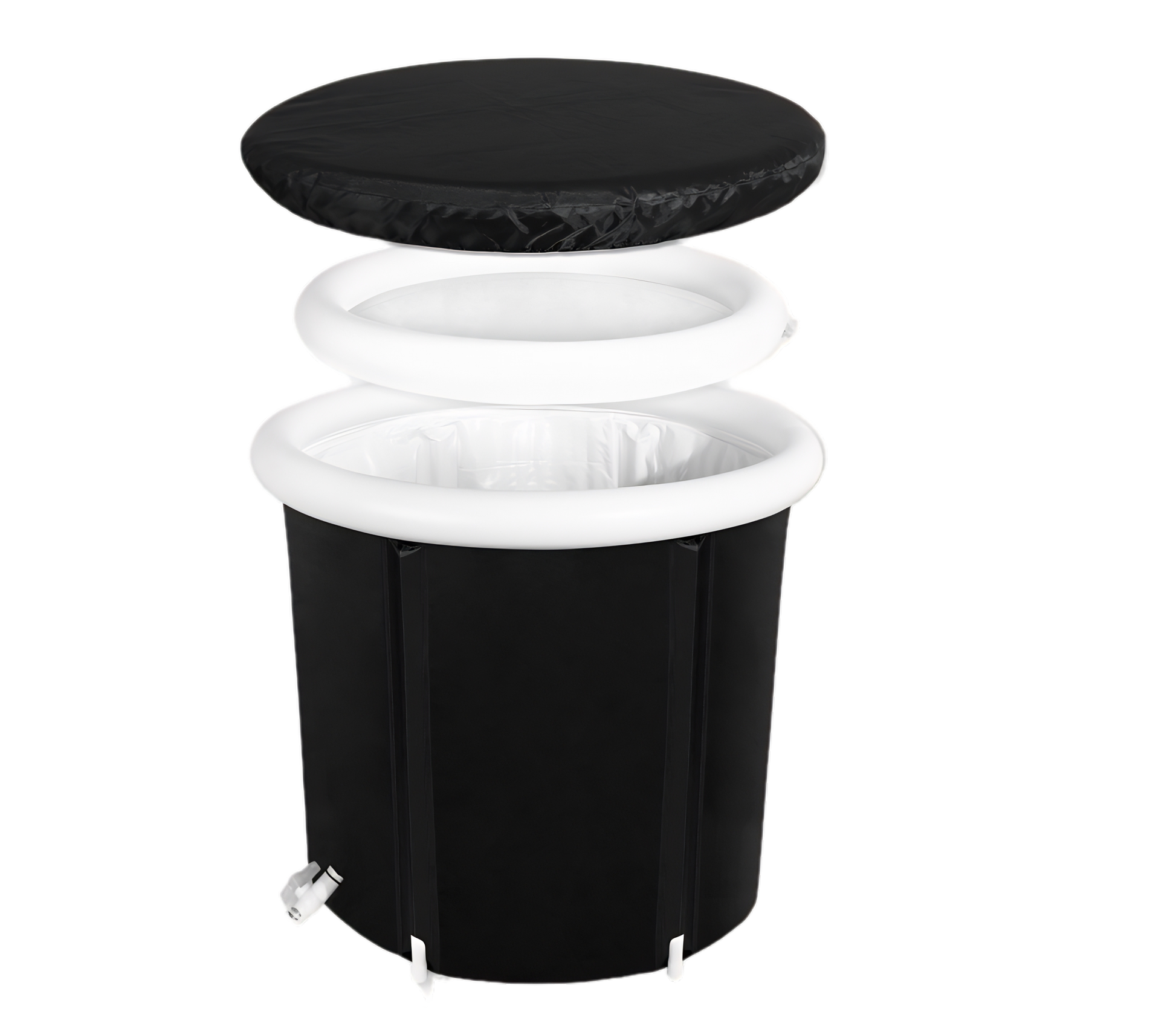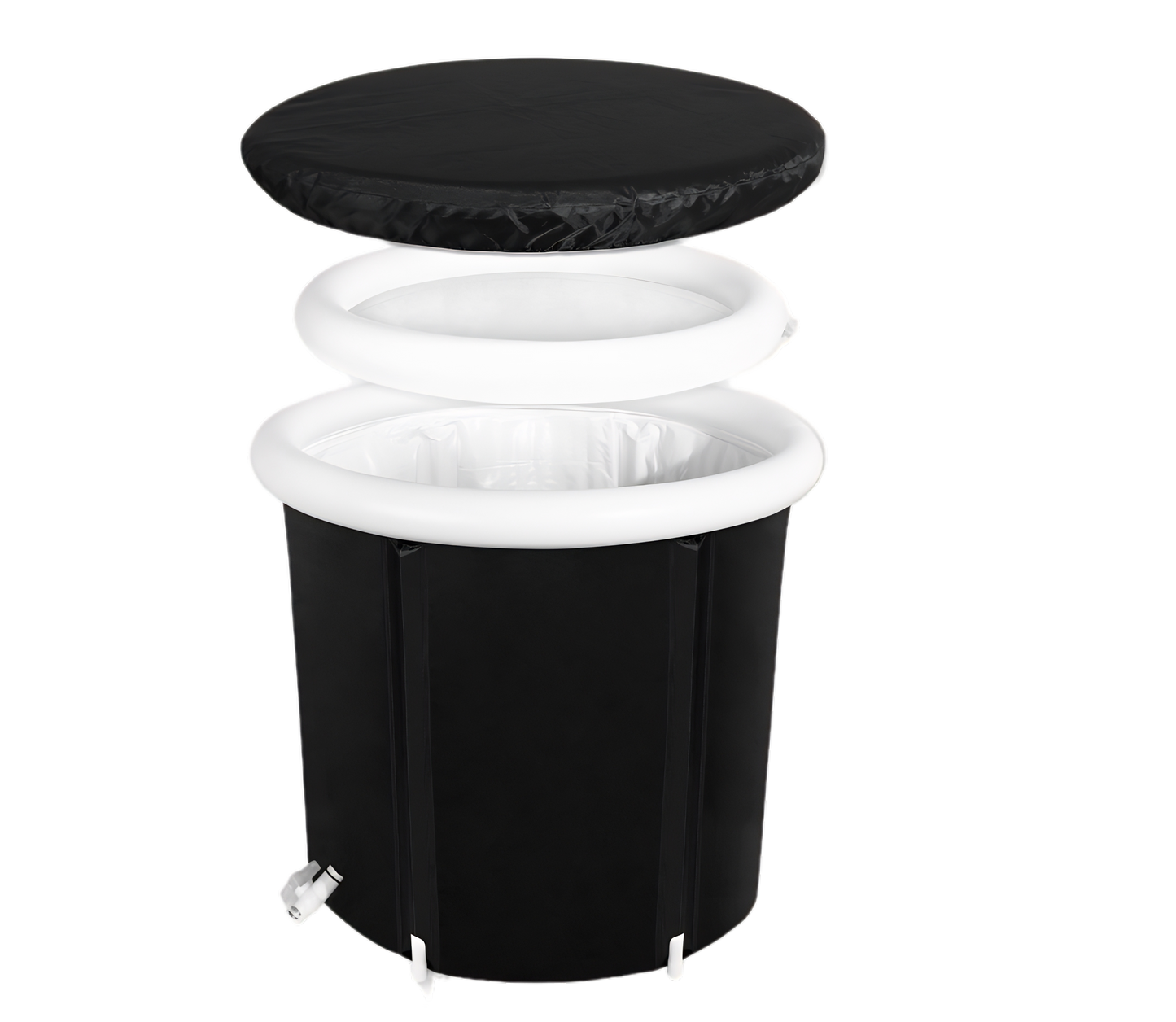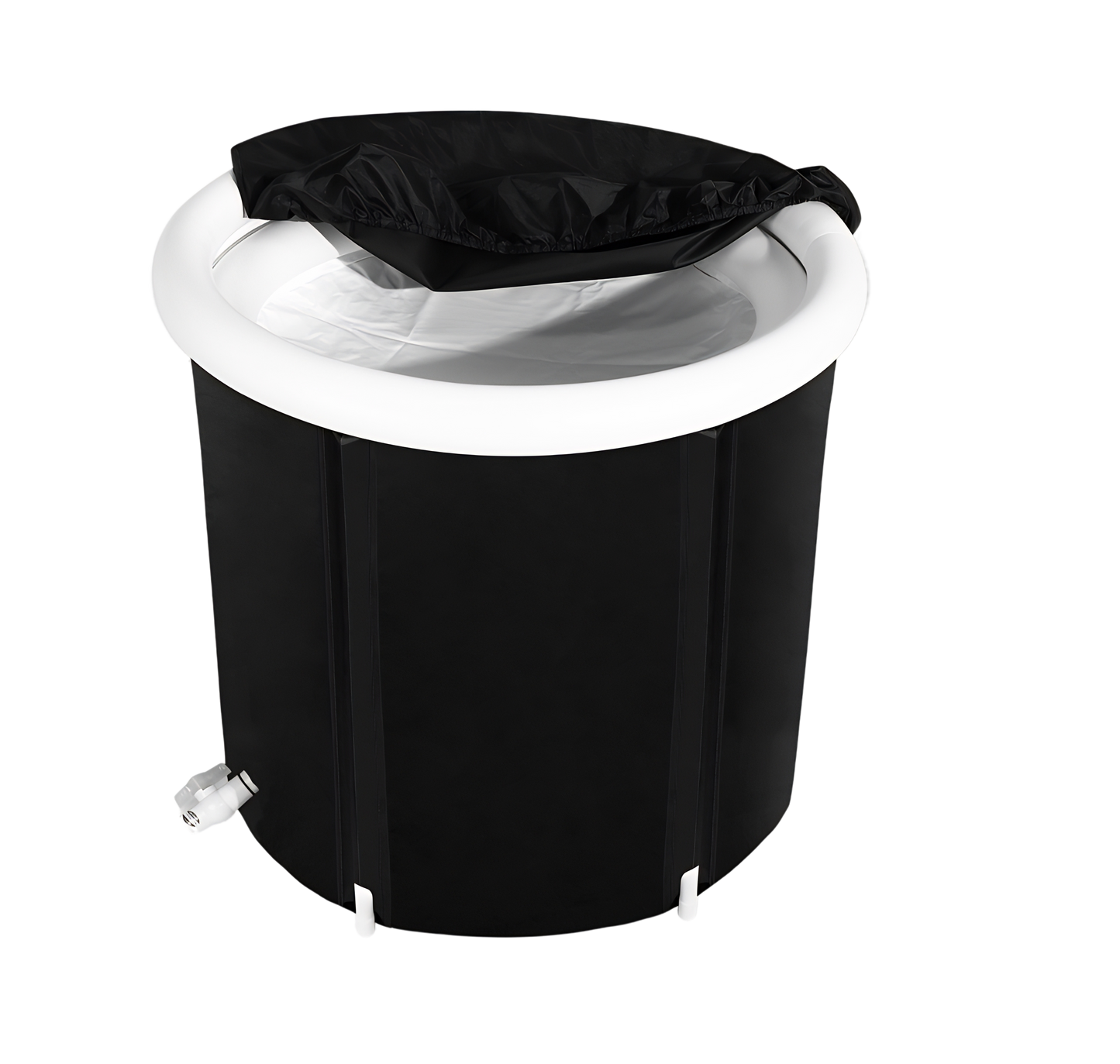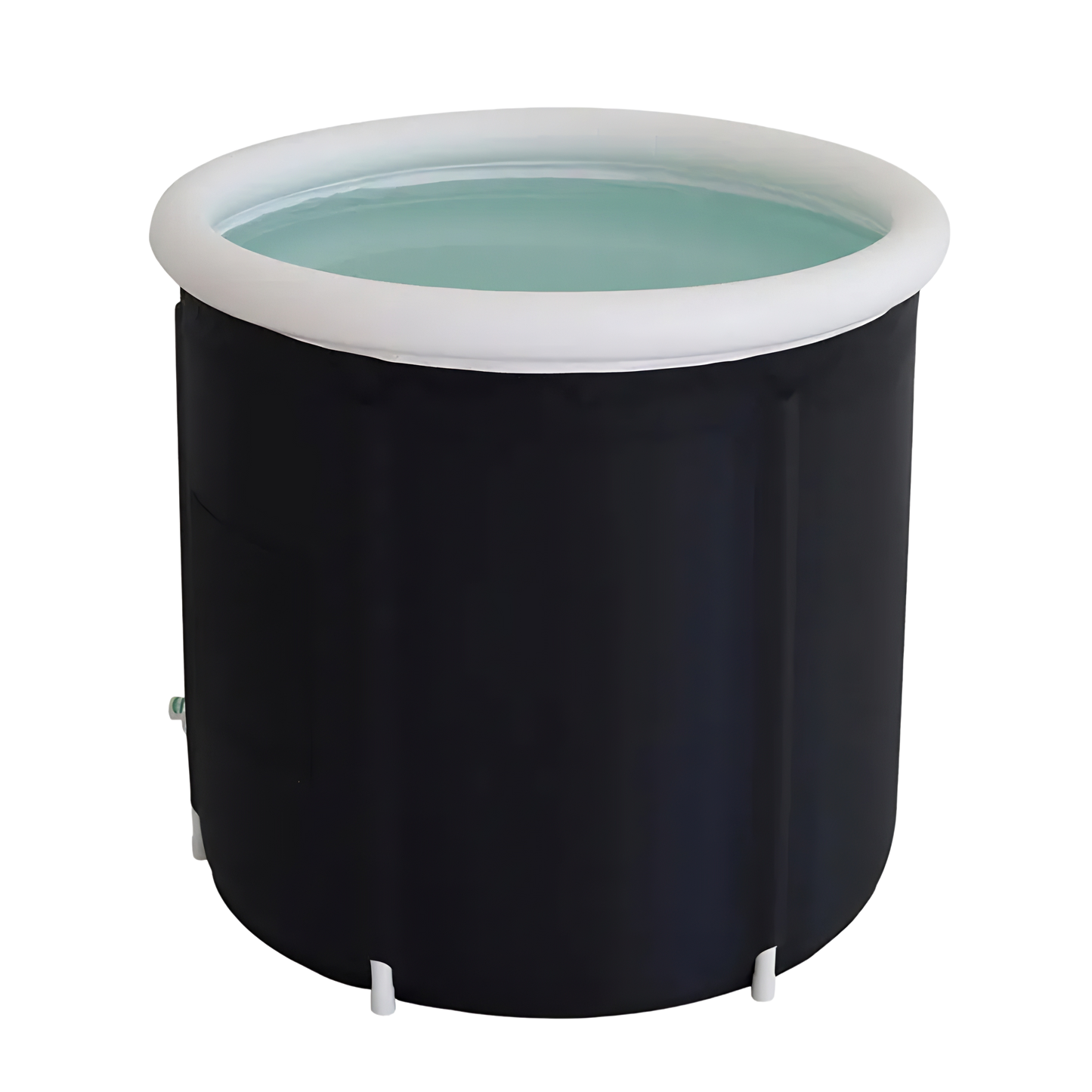Key Takeaways:
- Ice baths can cause initial discomfort and shock, deterring many from regular use.
- There's a risk of hypothermia if ice baths are too long.
- Ice baths can cause dizziness or fainting due to rapid body temperature changes.
- Ice baths are not recommended for individuals with specific health conditions.
Introduction
Ice baths, a popular recovery tool among athletes, are known for their potential to reduce muscle soreness and inflammation. However, they also come with certain disadvantages. This article explores the potential downsides of ice baths and provides tips on how to navigate them.
Discomfort and Shock
One of the main disadvantages of ice baths is the initial discomfort and shock of immersing in cold water. This can be off-putting for many individuals, deterring them from regular use.
Risk of Hypothermia
If ice baths are too long, there's a risk of hypothermia. This is especially true for individuals with low body fat or those who are not accustomed to cold temperatures.
With that being said though, if you have the mental fortitude to push ice baths to this length, you are definitely a part of that crazy 5% of people; arctic veterans with an indomitable mindset. We discuss these individuals in our deep-dive article on ice bath durations.
Dizziness or Fainting
Rapid changes in body temperature can cause dizziness or fainting. This is particularly true if you move quickly from a hot to a cold environment.
Aussie Ice Baths explores the mystery of dizziness after an ice bath in more depth in our article: why do I feel dizzy after an ice bath?
May Delay Muscle Recovery (We Are Not Convinced On This One Though)
While ice baths can help reduce inflammation, some (some) research suggests that they may delay muscle recovery in certain situations. This is because the cold can slow down the flow of nutrients to the muscles.
Not Suitable for Everyone
Ice baths are not recommended for individuals with certain health conditions, such as Raynaud's disease, cardiovascular disease, or respiratory conditions. As fantastic as ice baths may be, it is also sensible to assess any new activity as per the specifics of your current situation - be sensible,
And as always, consult with a healthcare provider before starting any new recovery routine.
Conclusion
While ice baths can offer recovery benefits, it's important to be aware of their potential disadvantages. By understanding these downsides and taking appropriate precautions, you can ensure a safe and effective recovery routine.






